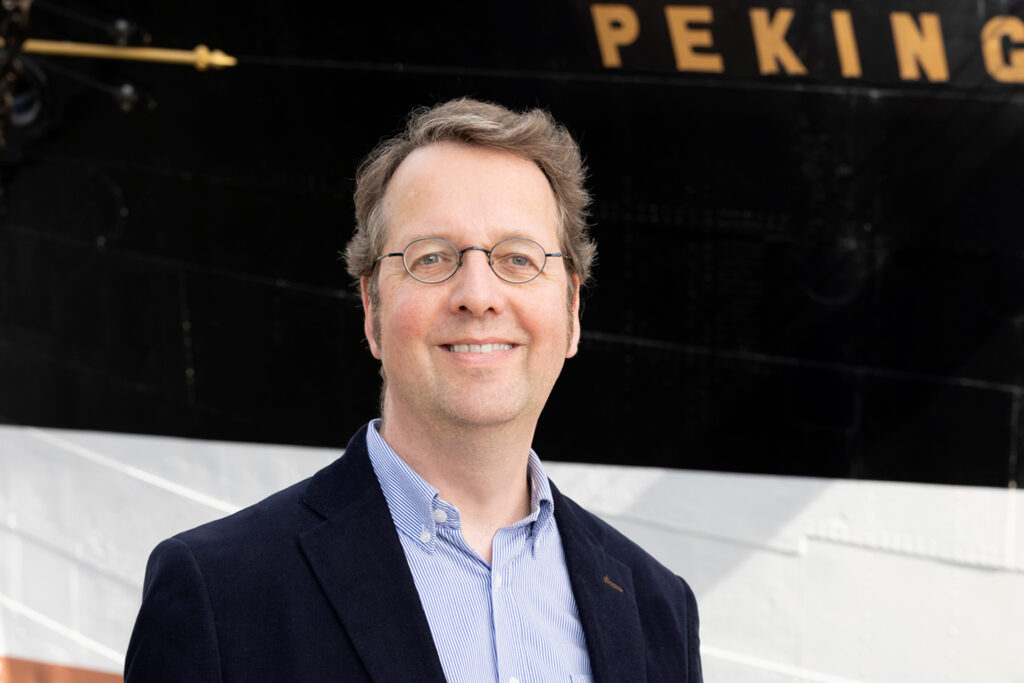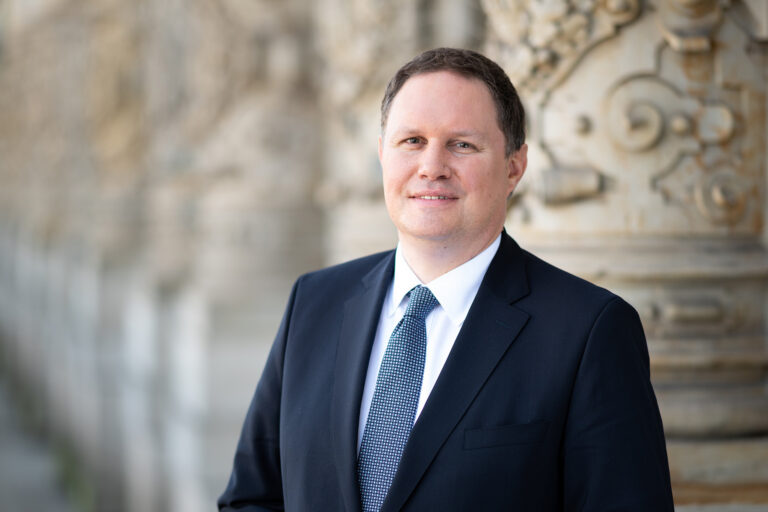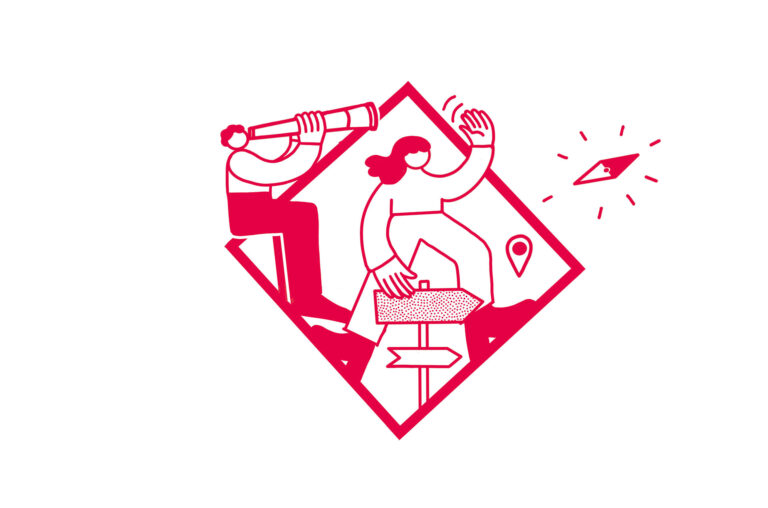About the foundation
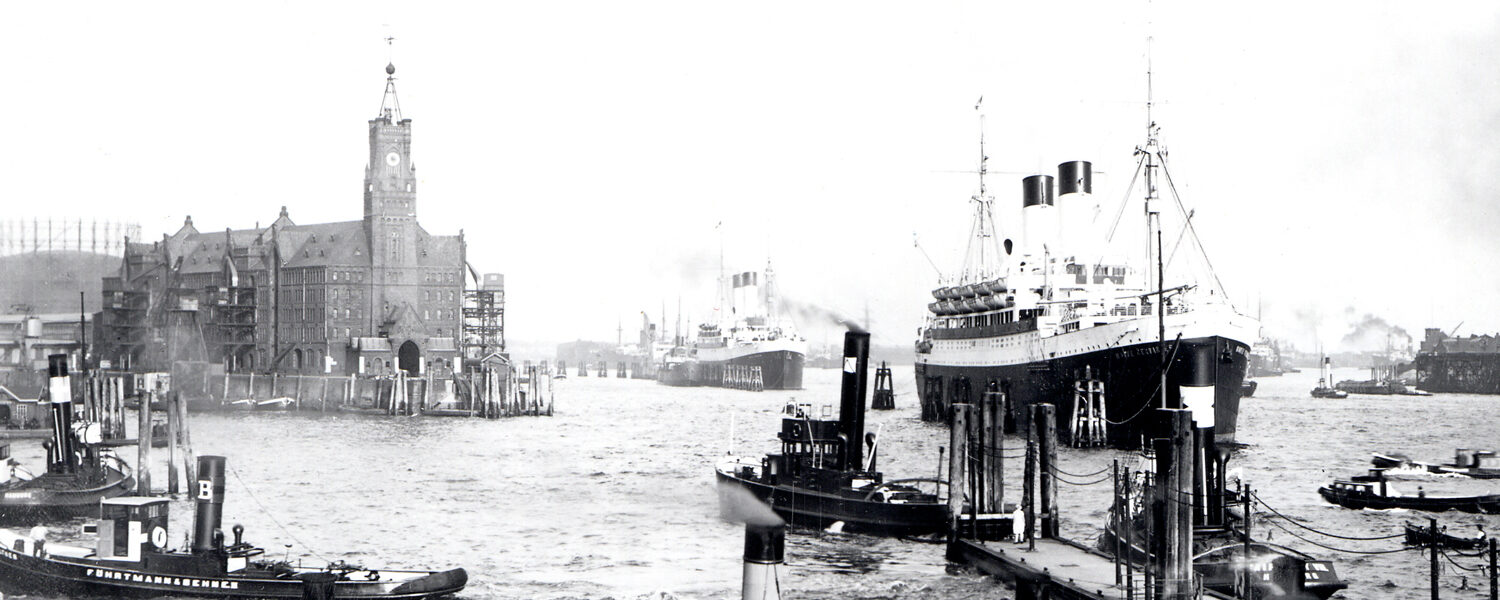
In 2008, the Hanseatic City of Hamburg’s most important historic museums, which present the history of the city, the region and the North, were brought together to form one entity – the Historic Museums Hamburg Foundation. It is certainly an exceptional museum organisation with its large number of sites, the scope of its collections and the large variety of topics it covers. Setting up the foundation in the year 2008 saw the creation of one of the largest city and regional historic museum complexes in Europe, which, with more than 360,000 visitors each year, is also one of the most visited museum organisations in Hamburg.
The Collections: chronicle of a civic city
With more than five million objects from past centuries in their collections, the foundation’s museums provide an impressive opportunity to tell the history of the Hanseatic City of Hamburg and the region, to show both national and European aspects and to see the city in its international context.
Something else that is really special about the collections is that they represent all the different parts of the population and the social environments which are relevant for the history of the city: in the Museum for Hamburg History we see the political and cultural accomplishments of Hamburg’s middle classes; the Altonaer Museum tells us about the cultural history of the independent and freedom-loving people in the city and the region; the Museum of Work shows us how structural change has led the city to develop from an industrial to a service society; the Port Museum and the Warehouse District Museum present the everyday life of the port workers, and finally, in the Jenisch House, we are given a glimpse of upper class culture in the 18th and 19th centuries.
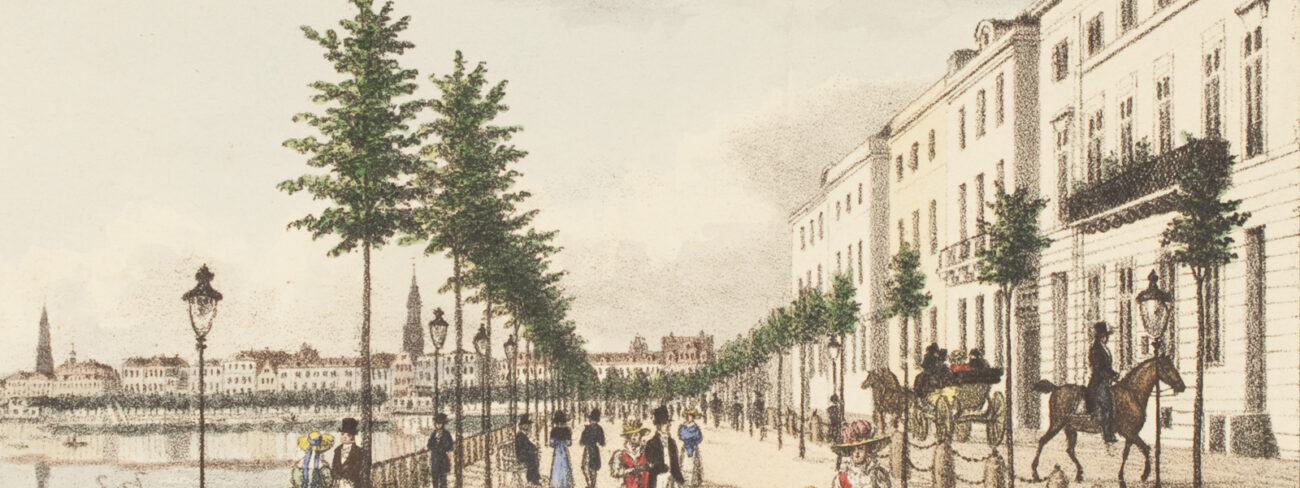
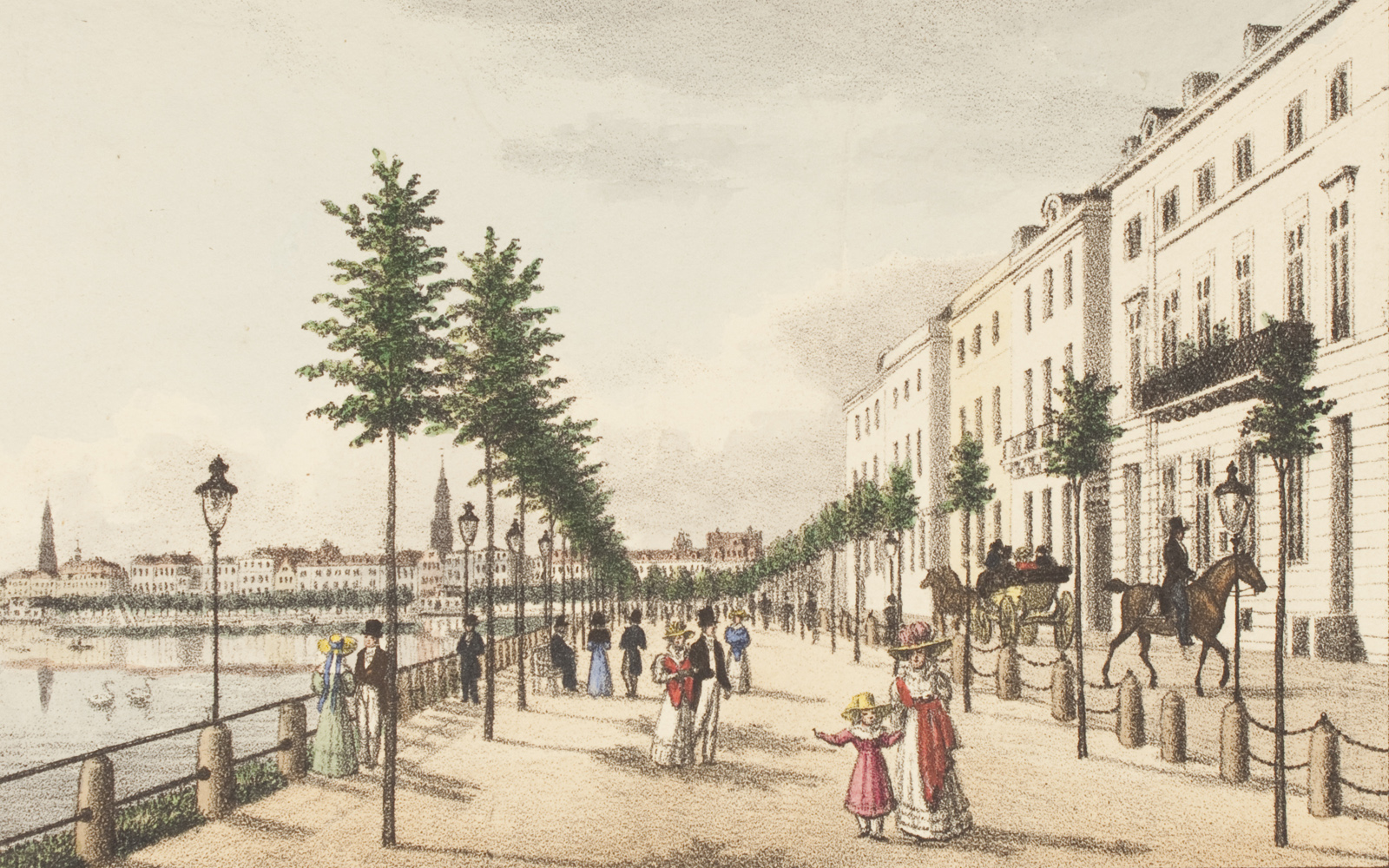
Committed to the history of Hamburg
In their wide-ranging work with the collections, the Historic Museums Hamburg is still a classic museum establishment. This is a place where research is carried out and presented, and where special exhibitions and events are organized and put on. For example: the Museum Service arranges more than 7,000 guided tours each year, 30 members of staff take care of managing the collection, and on average six large exhibition projects and several special collection displays are implemented every year. It is a very lively museum with a total of more than 250 employees dedicated to helping a wide range of people experience the history of Hamburg by presenting it in an exciting variety of ways.
projects
With the German Port Museum, which is to be developed and set up with federal government funding to the tune of 120 million Euros over the next few years, the Historic Museums Hamburg Foundation will be gaining yet another significant location where the history of the port of Hamburg will be presented as an important part of German and European economic history. One of the aims of the German Port Museum is to provide an insight into the globalisation of international trade and to understand how this has changed business and society. The development of the port in political, economic, social and cultural contexts will be researched, documented and presented in innovative ways.
The Historic Museums Hamburg Foundation has been publishing its own journal – “Hamburg History Live!” – since 2015. There are four issues a year, presenting articles and reports by the scientists at the Historic Museums Hamburg. Accompanied by impressive photo-spreads, the magazine presents some of the important topics and events impacting on the historical development of the city of Hamburg, the region and the North. Another step towards fostering even more communication and interaction with the general public has been taken by setting up our own web-based knowledge portal which contains all the results of the museums’ work so the enormous amount of knowledge that is available in the Historic Museums Hamburg is also accessible on a digital level.
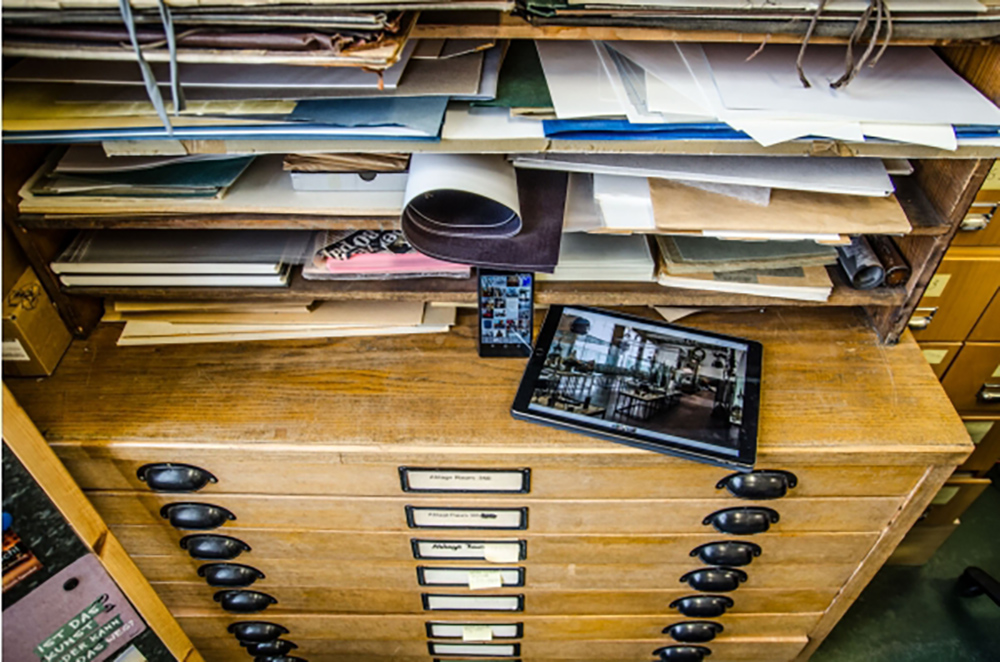
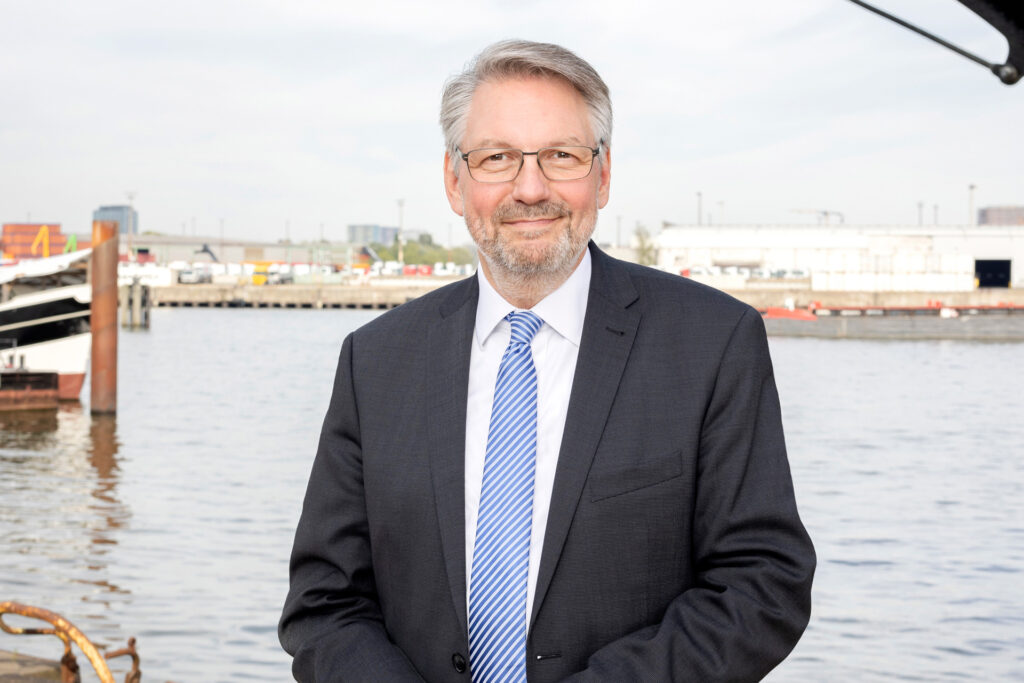
Bettina Kiehn
Managing Director

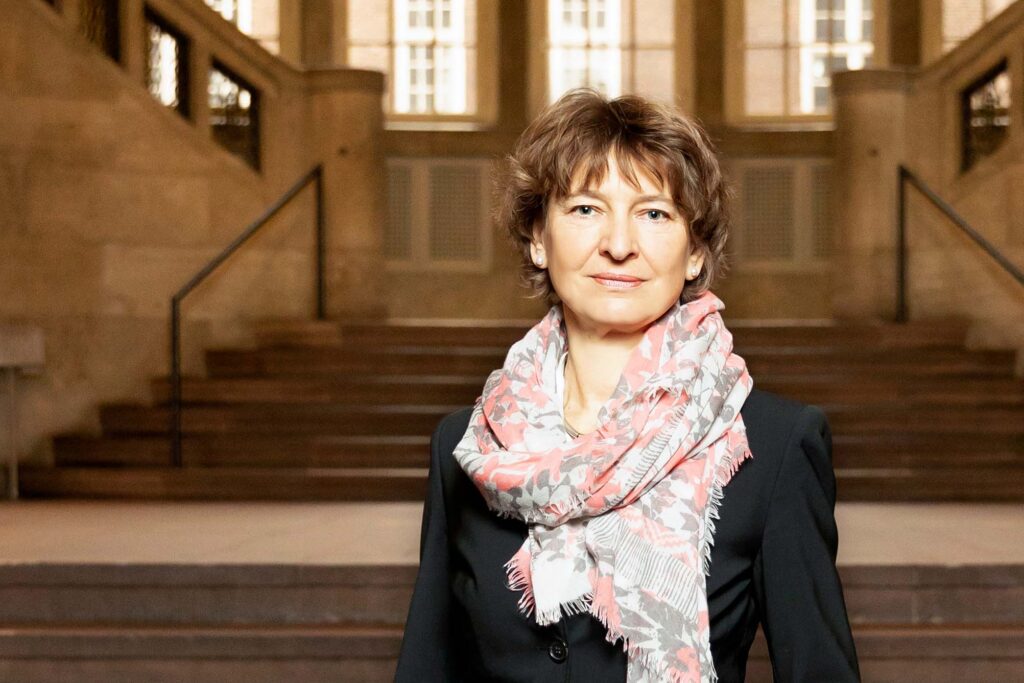
Prof. Bettina Probst
Director Museum of Hamburg History
On November 1, 2020, the experienced project manager and dedicated museum planner Bettina Probst took over as director of the Museum of Hamburg History, which is currently preparing intensively for a comprehensive structural modernization and content-related redesign in the coming years. In 2015, the Budget Committee of the German Bundestag provided funding of 18 million euros for this purpose, which will be supplemented by support of a further 18 million euros from the Free and Hanseatic City of Hamburg. Bettina Probst was previously responsible for the planning and presentation of the Ethnological Museum and the Museum of Asian Art of the National Museums in Berlin in the context of the Humboldt Forum as staff and project manager at the Prussian Cultural Heritage Foundation since 2012.
PROF. DR. ANJA DAUSCHEK
DIRECTOR ALTONA MUSEUM
Prof. Dr. Anja Dauschek (born 1966), has been director of the Altonaer Museum in Hamburg since 2017. Between 2007 and 2016, she was responsible for the development of the Stadtmuseum in Stuttgart as head of the planning staff. From 2000 to 2006, she worked as a consultant at the internationally active museum consultancy LORD Cultural Resources and managed the company’s Berlin office.
Anja Dauschek studied Social Sciences at the Ludwig-Maximilians-University Munich and Museum Studies at the George Washington University, Washington D.C. and received her PhD in Ethnology from the University of Hamburg. 2011-2016 member of the board of the Museumsverband Baden-Württemberg e.V., lectureships in museum management at the FU Berlin and the University of Hamburg. Publications include Rethinking Museums. Perspektiven der Kulturvermittlung und Zielgruppenarbeit (Bielefeld, 2008).
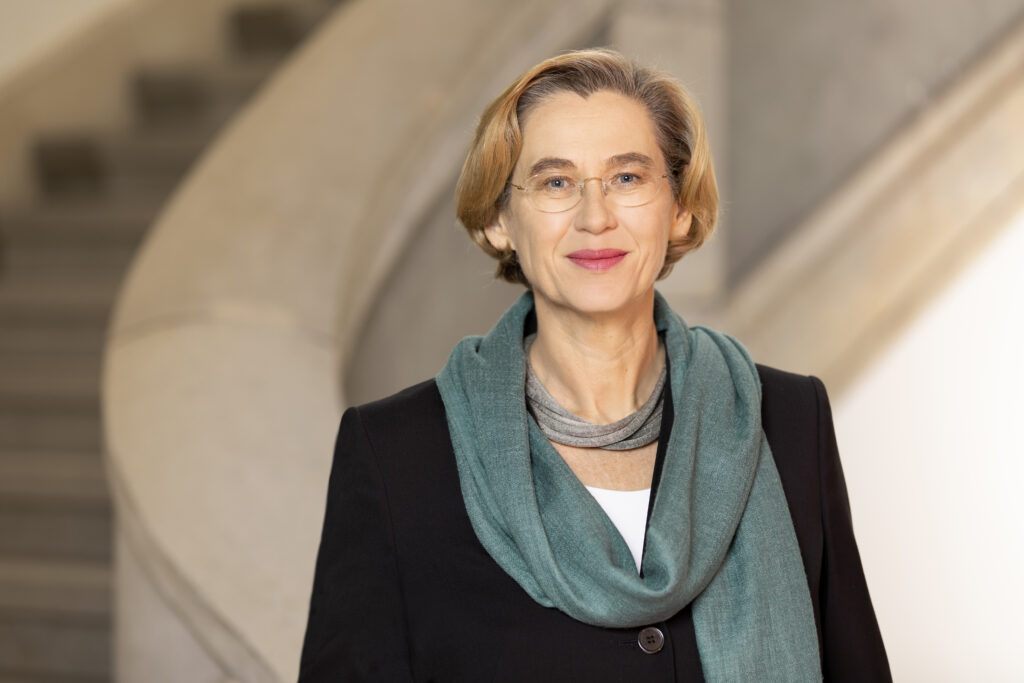
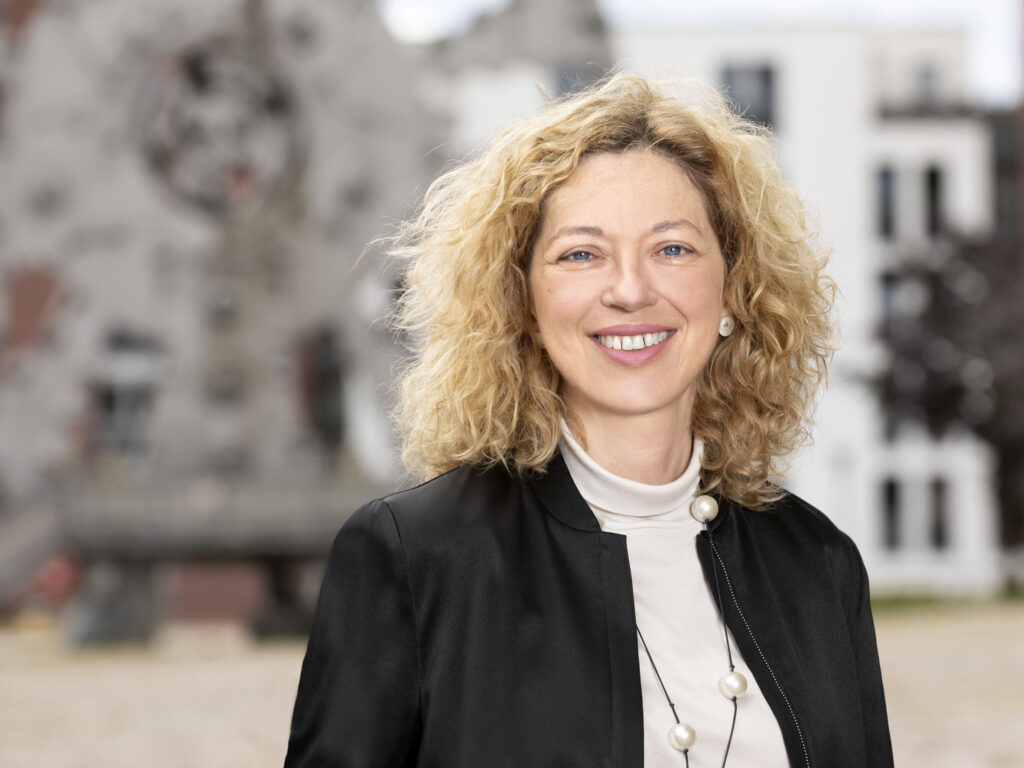
Prof. Dr. Rita Müller
Director Museum of work
Rita Müller has been director of the Museum of Labor at the Hamburg Historical Museums Foundation since 2014. After studying history and German language and literature, she completed her doctorate in Mannheim in the field of social and economic history. After holding positions at the State Museum of Technology and Labor, now the Technoseum, and the German Clock Museum in Furtwangen, she worked for more than ten years at the Zweckverband Sächsisches Industriemuseum, first as a scientific officer in Chemnitz, then for three years as acting director of the West Saxon Textile Museum Crimmitschau, now Tuchfabrik. Pfau Bros.
From 2008 to 2019, she was spokesperson for the specialist group of museums of technical history in the German Museums Association (DMB), and since May 2018 she has been on the DMB board.
Prof. Dr. Klaus Bernhard Staubermann
Director German Port Museum
Prof. Dr. Klaus Bernhard Staubermann has been the founding director of the German Port Museum, which is currently under construction and will be operated at two locations in the future, since November 1, 2022. The existing site at Shed 50A is also home to the historic four-masted barque PEKING. The second site will be built in the course of the second half of the 2020s in the newly developing Grasbrook district.
Before taking up his post at SHMH, Klaus Bernhard Staubermann was Managing Director and Secretary General of the German National Committee of the International Council of Museums (ICOM Germany). The focus of his work there was primarily on the topics of de-colonization, digitization and sustainability in museums. He was also a visiting professor at the Universities of Gothenburg and Bengaluru (India). Until 2018, Klaus Bernhard Staubermann was Principal Curator at the Scottish National Museum in Edinburgh for more than ten years, where he played a key role in the redesign of the permanent exhibition, for which the museum received numerous awards and which, above all, led to a significant increase in visitor numbers.
